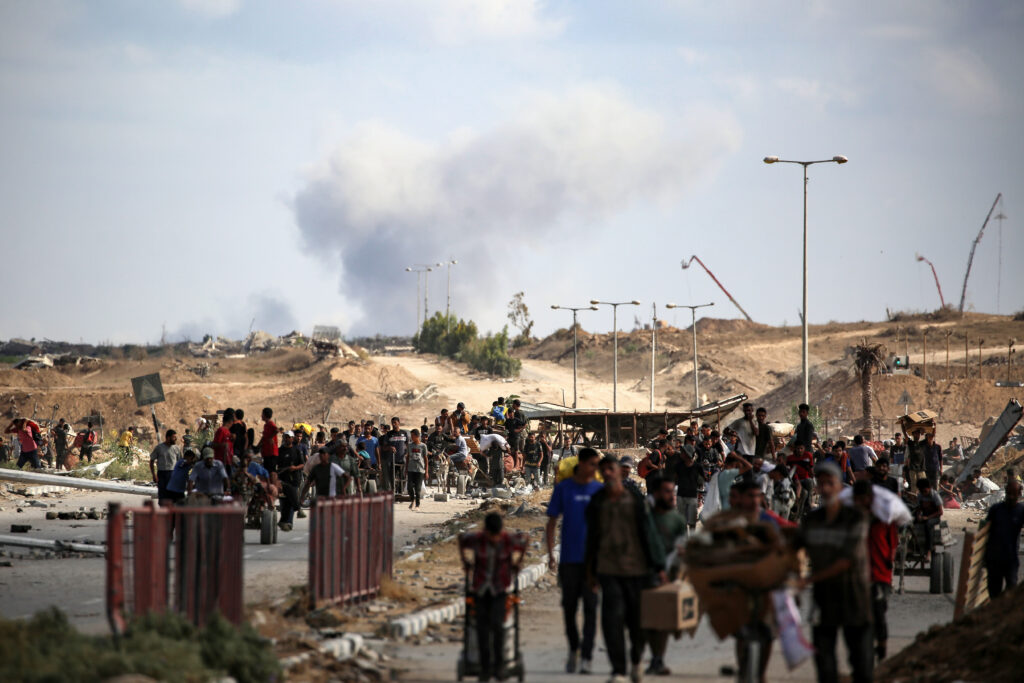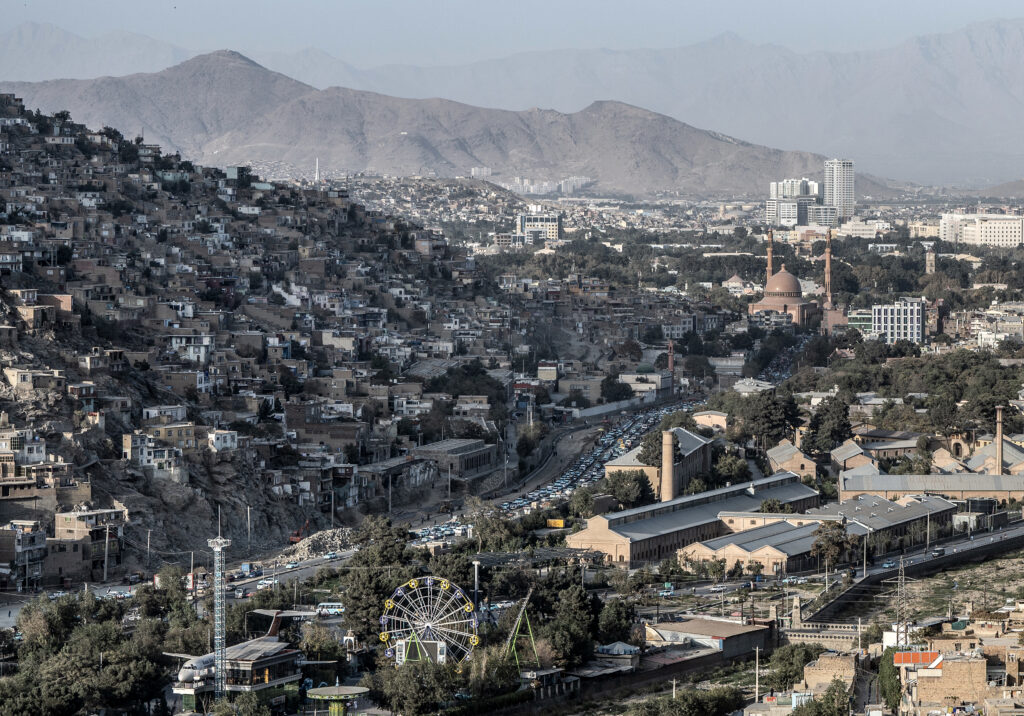Israel, Hamas due in Egypt for ceasefire talks
Delegations from Hamas, Israel and the United States are due to convene in Egypt for talks on Monday, with President Donald Trump urging negotiators to “move fast” to end the nearly two-year war in Gaza.Both Hamas and Israel have responded positively to Trump’s proposal for an end to the fighting and the release of captives in Gaza in exchange for Palestinians held in Israeli jails.Negotiators hope to iron out details in indirect talks, due to begin on the eve of Hamas’s October 7, 2023 attack on Israel, which sparked the war.Trump’s plan envisages the disarmament of Hamas, which the militant group is unlikely to accept.It also provides for the full withdrawal of Israeli forces from the Gaza Strip, but Israel’s Prime Minister Benjamin Netanyahu has vowed to redeploy troops “deep inside” the territory while securing the release of hostages.Previous rounds of negotiations have also stalled over the names of Palestinian prisoners the Islamist group proposed for release.Hamas’s lead negotiator Khalil al-Hayya, who was targeted with other leaders from the group in Israeli strikes in Doha last month, was to meet with mediators from Egypt and Qatar in Cairo on Monday, a senior official from the group told AFP, ahead of talks in the Egyptian resort town of Sharm El-Sheikh.Authorities have given scant details on the logistics of the talks, which are being held behind closed doors under tight security, with mediators shuttling back and forth between the two sides.Negotiations will look to “determine the date of a temporary truce”, the Hamas official said, as well as create conditions for a first phase of the plan, in which 47 hostages held in Gaza are to be released in return for hundreds of Palestinian detainees.Mirjana Spoljaric, head of the International Committee of the Red Cross, which has coordinated previous exchanges, said Monday its teams were standing at the ready “to help bring hostages and detainees back to their families”.The ICRC said it was ready to facilitate aid access, which must resume “at full capacity” and be distributed safely across the territory, where the UN has declared a famine.- ‘MOVE FAST’ -Posting on his Truth Social platform on Sunday, Trump praised “positive discussions with Hamas” and allies around the world including Arab and Muslim nations.”I am told that the first phase should be completed this week, and I am asking everyone to MOVE FAST,” he wrote.On Monday, Egyptian President Abdel Fattah al-Sisi praised Trump’s plan saying it offered “the right path to lasting peace and stability”. Netanyahu, who has expressed hope that the hostages could be released within days, said his government’s delegation would be departing for Egypt on Monday for the talks.The White House said Trump had also sent two envoys to Egypt — his son-in-law Jared Kushner and Middle East negotiator Steve Witkoff.AFP footage on Monday showed several explosions in Gaza, with plumes of smoke rising over the skyline, even after US Secretary of State Marco Rubio urged Israel to stop bombing the territory.”You can’t release hostages in the middle of strikes, so the strikes will have to stop,” Rubio told CBS.A Palestinian source close to Hamas said it would halt its military operations in parallel with Israel stopping its bombardment and withdrawing its troops from Gaza City.On Sunday, 40-year-old Muin Abu Rajab in the city’s Al-Rimal neighbourhood said air strikes had decreased, and that Israeli tanks had “slightly pulled back”.Gaza’s civil defence agency, a rescue force operating under Hamas authority, said Israeli attacks killed at least 20 people across the territory on Sunday. Israeli military chief Lieutenant General Eyal Zamir warned Sunday that if the negotiations failed, the military would “return to fighting” in Gaza.Militants seized 251 hostages during their October 7, 2023 attack, 47 of whom are still in Gaza. Of those, the Israeli military says 25 are dead.According to Trump’s plan, in return for the hostages, Israel is expected to release 250 Palestinian prisoners with life sentences and more than 1,700 detainees from the Gaza Strip taken during the war.- No role for Hamas -Hamas has insisted it should have a say in the territory’s future, though Trump’s roadmap stipulates that it and other factions “not have any role in the governance of Gaza”.Under the proposal, administration of the territory would be taken up by a technocratic body overseen by a transitional authority headed by Trump himself.”We hope Trump will pressure Netanyahu and force him to stop the war,” said Ahmad Barbakh, a resident of the Al-Mawasi area.”We want the prisoner exchange deal to be completed quickly so that Israel has no excuse to continue the war.”Hamas’s October 2023 attack resulted in the deaths of 1,219 people, mostly civilians, according to an AFP tally of Israeli official figures.Israel’s retaliatory offensive has killed at least 67,160 Palestinians, according to health ministry figures in the Hamas-run territory that the United Nations considers reliable.burs/csp/ser


